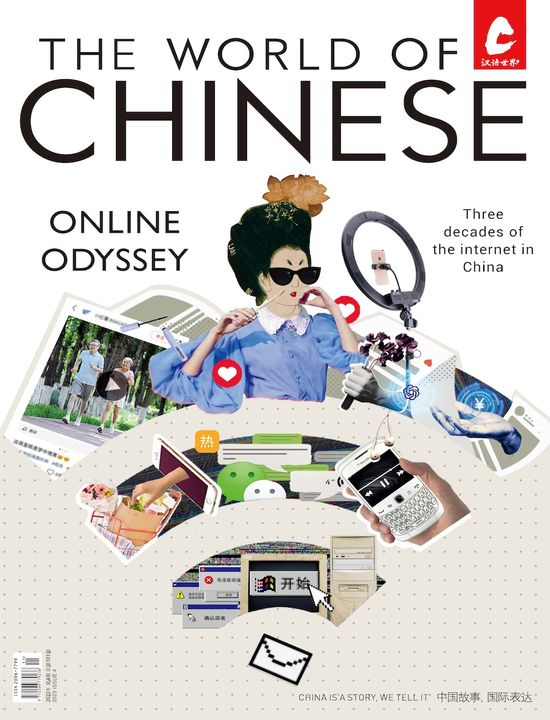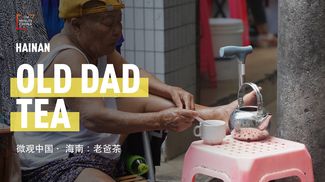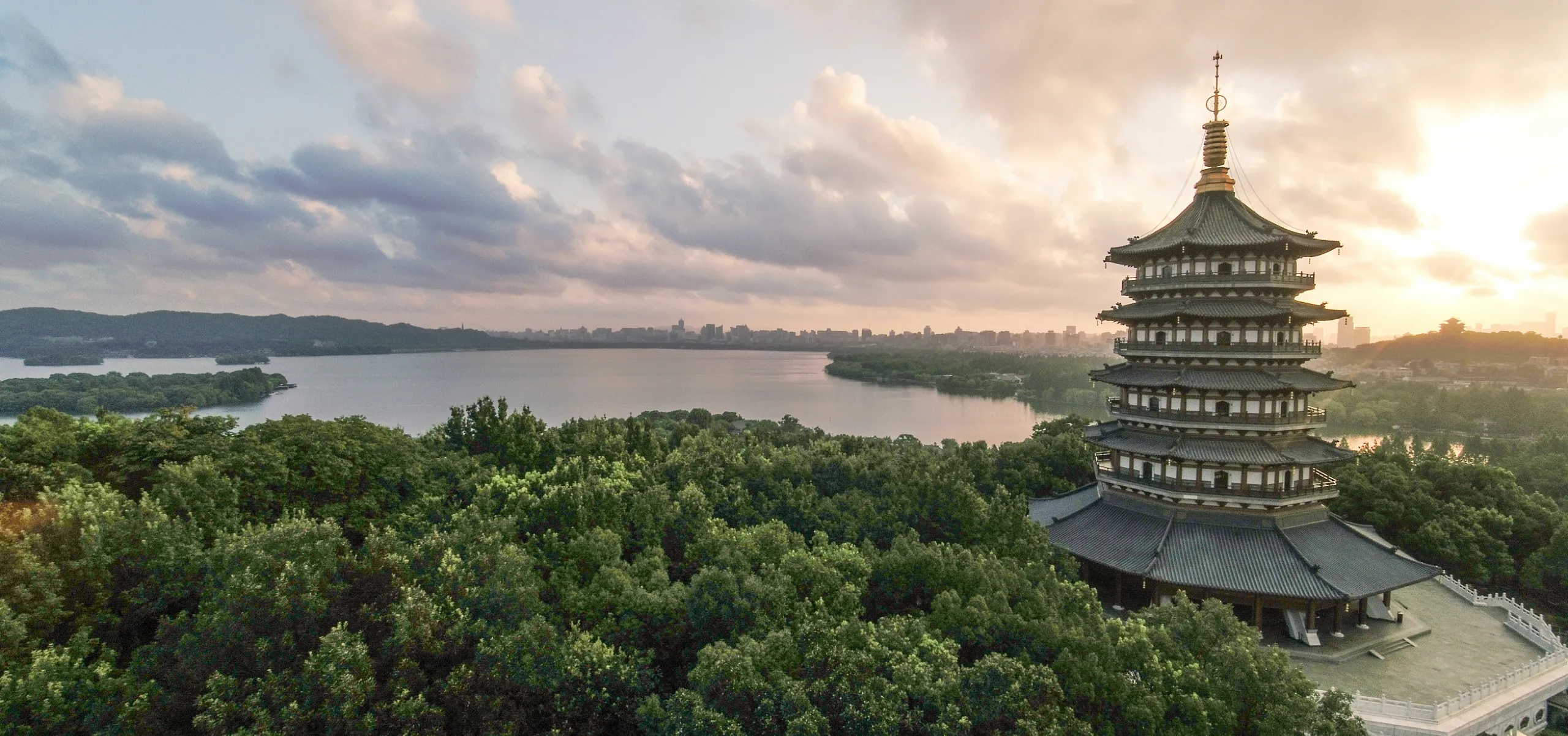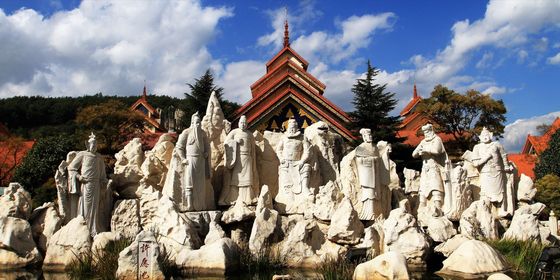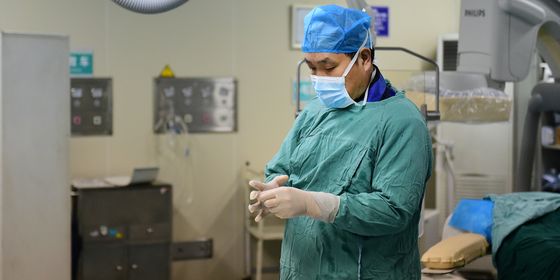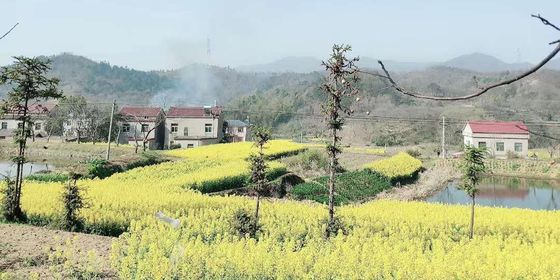Learn how to speak like a Hangzhou local
For newbies encountering the kaleidoscopic dialects of China for the first time, one trick that might help them distinguish between northern and southern dialects is listening for the “儿 (er)” sound. If one hears a generous amount of er in a dialect, it probably belongs to the Mandarin (官话) variety across northern and southwestern China, the most notable being the swaggering Beijing vernacular. Otherwise, it is likely a non-Mandarin dialect from southern China.
But this rule of thumb fails to apply in Hangzhou, capital of the southeastern province of Zhejiang. The beautiful West Lake and hills in the heart of the city have earned Hangzhou the reputation of being “heaven on earth.” The Hangzhou dialect, or Hangzhouhua (杭州话), is part of the Wu variety of Chinese, spoken in the region known as Jiangnan or south of the Yangtze River which includes Shanghai and a large part of Zhejiang and Jiangsu provinces.
But the people of Hangzhou speak their soft-sounding Wu dialect with some northern tinge. For example, for taking a walk around the West Lake, Hangzhou’s leisure-loving locals will say “到西湖边荡荡儿 (dao Xiwu bian dangdang’er)”; to tell a friend to wear a hat and bring some snacks for a day outside, it’s “你戴顶帽儿,带点消闲果儿,我们今朝出去耍子儿 (ni dai din mao’er, dai die xiaoyan gu’er, ngomen genzao tseqi sadzi’er).”
Unlike the er in the Beijing dialect, which merges with the previous syllable, the er in Hangzhouhua is pronounced separately. Here are some examples:
小伢儿 (xiao ya’er, child)
袜儿 (ma’er, sock)
辣齐儿 (laqi’er, chili pepper)
盝儿 (lu’er, box; also, idiot)
闹架儿 (naojia’er, to quarrel)
敲瓦爿儿 (kao wapian’er, to split the bill)
Residents of nearby cities like Shaoxing or Shanghai, where local dialects are often mutually intelligible with Hangzhouhua, like to joke about the oddball of the Wu dialects: “To speak Hangzhouhua, you only need to add ‘er’ at the end of everything!”
However, the truth is that the suffix occurs only at the end of a small (albeit commonly heard) proportion of the dialect’s vocabulary, and the rule as to when to add er are rather arbitrary. For example, on the dinner table one has 筷儿 (kuai’er, chopsticks), 盘儿 (po’er, plates), and 杯儿 (bei’er, cups). Naturally one would expect a bowl to be 碗儿 (wo’er), but, unfortunately, it is 碗盏 (wozai).
Hangzhouhua is spoken in a relatively small geographical area, with an estimated 1 million speakers (compared to Shanghainese’s 14 million), making it one of the smallest Wu dialects. The er suffix disappears outside the old city of Hangzhou, once surrounded by the ancient city walls, and its immediate suburbs. Even just by going to Xiaoshan—formerly a separate city just across the river from the old Hangzhou, and now a district of the greater municipality—a Hangzhou native would betray their origin instantly when they open their mouths.
The people of Hangzhou didn’t invent the er sound out of the blue. While scholars still debate its exact origin, many of them agree that Hangzhou’s er is a product of northern influence. One popular theory states that it was a linguistic byproduct of migration during the Song dynasty (960 – 1279).
When it was founded in 960, the Song dynasty placed its capital in Bianliang on the bank of the Yellow River (today’s Kaifeng in Henan province). But a few hundred years later, in 1127, the Jurchens invading from the north not only plundered Kaifeng but also captured Emperor Qinzong and his father, the abdicated Emperor Huizong. The remaining military forces retreated to the south led by the new Emperor Gaozong, who claimed the throne as his brother and father were brought to the Jurchen capital in the far north. As the Jurchens conquered most of northern China, Gaozong made Hangzhou the new capital, then known as Lin’an.
With the emperor came an entourage of aristocrats, as well as droves of commoners fleeing from the wars in the north. They settled in Hangzhou and gradually outnumbered the locals. The massive influx of refugees might have left behind the bulk of their riches but brought their ways of speaking, which mixed with the local vernacular and reshaped the linguistic as well as the cultural scene within the city walls—including, it is suspected, the er suffix, and a few other northern characteristics.
Here are some common phrases in Hangzhouhua:
